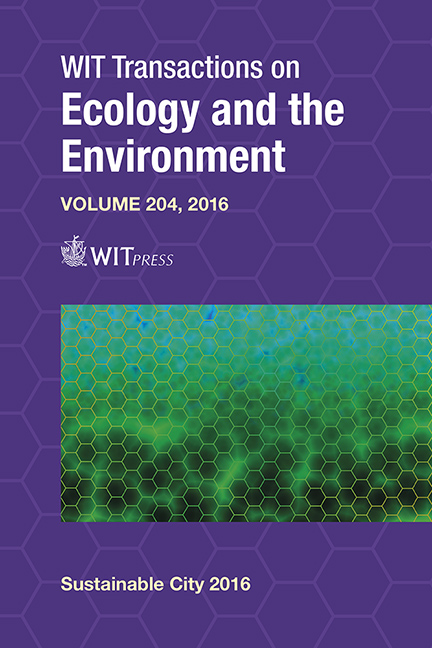Regenerating Cities With Community-based Inclusive Waste Management Practices
Price
Free (open access)
Transaction
Volume
204
Pages
7
Page Range
57 - 63
Published
2016
Size
301 kb
Paper DOI
10.2495/SC160061
Copyright
WIT Press
Author(s)
J. Gutberlet
Abstract
Solid waste – a visible result of growth oriented production and consumption – is a major urban challenge worldwide, with a myriad of impacts on the environment, public health and economy of local communities. There is increasing recognition that growth cannot be reconciled with the environment and that current economic and productive relations as well as identities need to be re-conceptualized away from ‘capitalocentric’ thinking. With the majority of the world’s population living in cities, urban spaces also become centre stages for social movements and alternative economies, based on critiques of growth. Reclaiming and reintroducing recyclable materials into material flows, is one of the immediate responses of a radical politics of de-growth. Worldwide waste pickers organize and retrieve recyclable materials, for reuse and further industrial processing. These collectives re-imagine their production and economic activities in terms other than those made available by capitalism. Their everyday actions produce democratic spaces centred on solidarity and the care of others, and also seeking to reclaim citizenship. The collective practices of recycling cooperatives generate social, economic and environmental benefits, but are not yet widely perceived as such, nor are waste pickers generally remunerated fairly for the services they provide. In Brazil, the waste pickers movement is a notable grassroots example, where members enact new practices, linking up the local spaces and actions into a broader political movement, bringing political debates to a broader audience. The paper discusses the role of waste pickers as political actors, central to moving towards a reconceptualization of the economy in terms of de-growth and alternative development, through co-production in selective waste collection.
Keywords
solid waste, recycling, cooperative, waste pickers, co-production, community based research, political ecology





